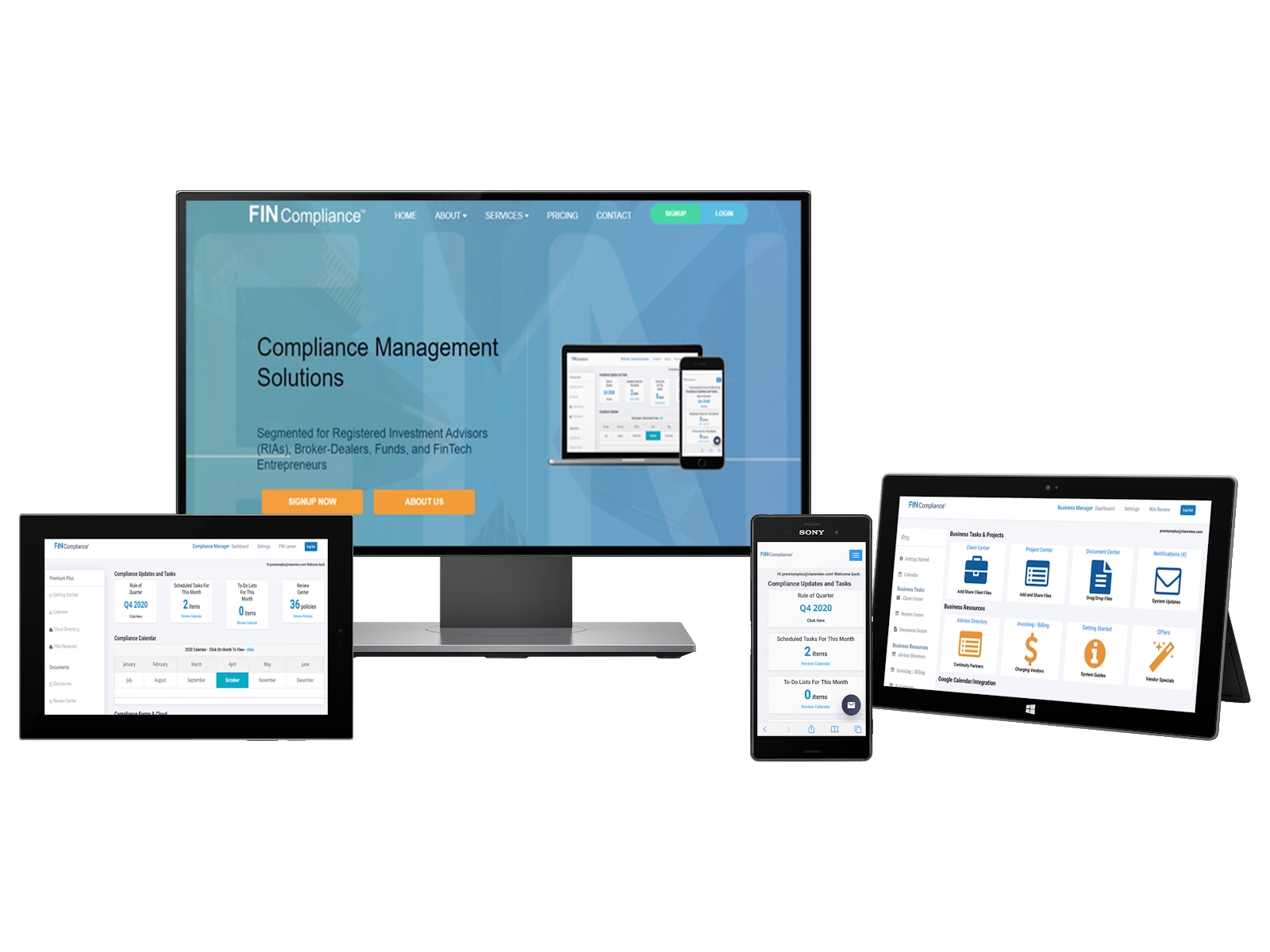Supervising an office
The role of the registering a location or (“branch office”) is
a convoluted issue in the investment advisory and broker-dealer worlds. On one hand, all FINRA broker-dealer “branch
offices” are supervised by the Office of Supervisory Jurisdiction (OSJ). For advisors, including state securities
regulators, the SEC, and other SRO’s, its application takes a different course.
We’ve made some distinctions
below for investment advisors who want to take a closer look at defining your firm's offices.What is an (“investment advisor/securities”) branch office?
Generally, FINRA, NASAA, SEC, NYSE, and state jurisdictions define a “Branch Office” as any location in a state of an investment adviser at which one or more supervised persons regularly conduct the business of rendering investment advice or effecting any transactions in, or inducing or attempting to induce the purchase or sale of, any security or any location.
In
this context, the branch office can include the principal (main) office as
described on a FINRA notice here: http://www.finra.org/sites/default/files/NoticeDocument/p015121.pdf
Should I file under state registration and/or as a branch
office?
State Registration of principal offices: Most advisors, who
are not under explicit branch office filing/notice requirements, are able to
conduct business in their home state with registration (State advisors) and/or
a notice filings (SEC). Registration in other states: Typically, firms who serve up to five clients (Texas requires a notice for one client) in another state can avoid registration under De minimis exemptions. Confirm with each state for specific guidelines to this rule.
Branch Offices
As mentioned above, SEC/State advisors may be required to
register a location in a jurisdiction as a “branch office.” Registration is usually filed through a Form
BR (via web CRD/IARD) or a direct
notice to the state (via mail/email).
According
to the IARD filing system, only 9 out of 50 states enforce
branch office filing fees for advisors: Arkansas, Connecticut, Florida, Maine,
Texas, Vermont, Virgin Islands, West Virginia and Wisconsin.
States,
such as Alaska, just require a notice of branch office activity.
We
encourage firms to contact their states to determine if a formal notice and/or
filing is required for branch office activity.
General Branch Office exemptions
Some states may apply branch office exemptions if certain
conditions are met.
Florida - Rule 69W-200.001(8),
exempts firms with the following conditions:
Any location that is established solely for customer service or back office type functions where no sales activities are conducted and that is not held out to the public as a branch office,
Any location that is the associated person’s primary residence provided that:
Only one associated person, or multiple associated persons, who reside at that location and are members of the same immediate family, conduct business at the location,
The location is not held out to the public as an office and the associated person does not meet with customers at the location,
Neither customer funds nor securities are handled at that location,
The associated person is assigned to a designated branch office, and such designated branch office is reflected on all business cards, stationery, advertisements and other communications to the public by such associated person,
The associated person’s correspondence and communications with the public are subject to the firm’s supervision in accordance with NASD Rule 3010, as incorporated in Rule 69W-200.002, F.A.C.,
Electronic communications (e.g., e-mail) are made through the registrant’s electronic system,
All orders are entered through the designated branch office or an electronic system established by the registrant that is reviewable at the branch office,
Written supervisory procedures pertaining to supervision of sales activities conducted at the residence are maintained by the registrant
The location is not held out to the public as an office and the associated person does not meet with customers at the location,
Neither customer funds nor securities are handled at that location,
The associated person is assigned to a designated branch office, and such designated branch office is reflected on all business cards, stationery, advertisements and other communications to the public by such associated person,
The associated person’s correspondence and communications with the public are subject to the firm’s supervision in accordance with NASD Rule 3010, as incorporated in Rule 69W-200.002, F.A.C.,
Electronic communications (e.g., e-mail) are made through the registrant’s electronic system,
All orders are entered through the designated branch office or an electronic system established by the registrant that is reviewable at the branch office,
Written supervisory procedures pertaining to supervision of sales activities conducted at the residence are maintained by the registrant
“Offices of Convenience” exemptions
Vermont - Section 5102(21)(D) mirrors NASD Rule 3010(g)(2)(A) provides
an exemption for the following condition: Any
office of convenience, where associated persons occasionally and exclusively by
appointment meet with customers, that is not held out to the public as an
office;
Advisors
can access more resources for supervising its office location(s) on our Compliance Management Software
Regulators:
Securities and Exchange Commission (SEC)Financial Industry Regulatory Authority (FINRA)
National Association of Securities Dealer (NASD –merged with FINRA)
North American Securities Administrators Association (NASAA)
Investment Advisory Registration Depository (IARD)
New York Stock Exchange (NYSE)
_____________________________________________
Compliance and Business Management
FIN Compliance (FINCompliance.io) is a consortium of compliance services including: RIA Consults-Roberson Consults Group, a compliance consulting firm, RIA Review, a compliance-management software tool (SaaS), B-D Review, a RIA/Broker-Dealer compliance management software tool, and FINLancer is a business management portal featuring: E-signature tools; Invoicing integration, Vendor Directory, continuity directory*, business client document portal, and more (available by Q3 2019). Access all services on one site: FINCompliance.io.
Impact
FIN Missions (FINmissions.com) provides business support group sessions for other entrepreneurs. In addition, Cory has volunteered for more than fifteen youth programs in locations such as like S. Korea, China, S. Africa, Thailand, and India.





No comments:
Post a Comment